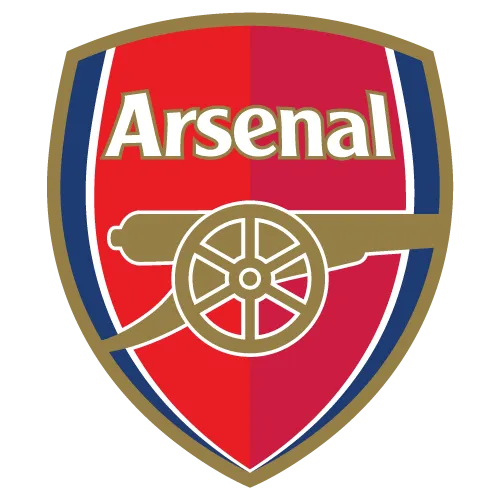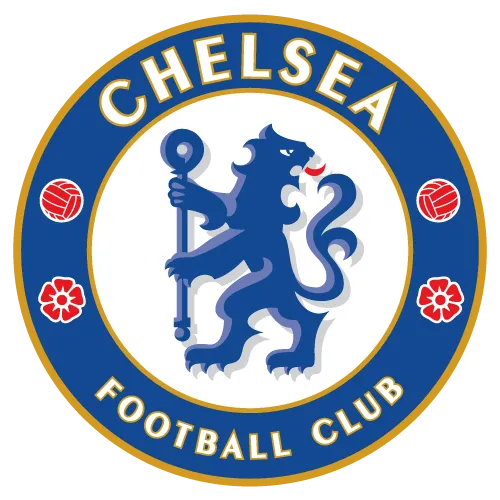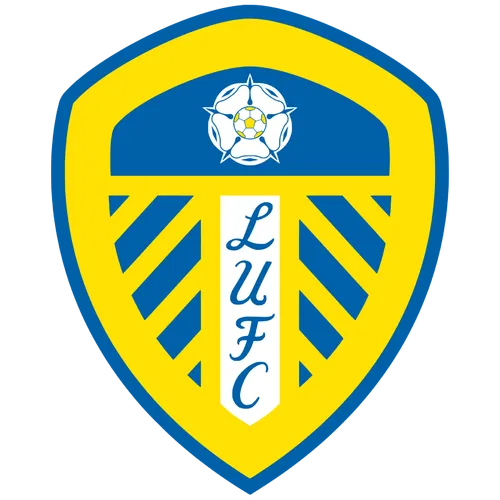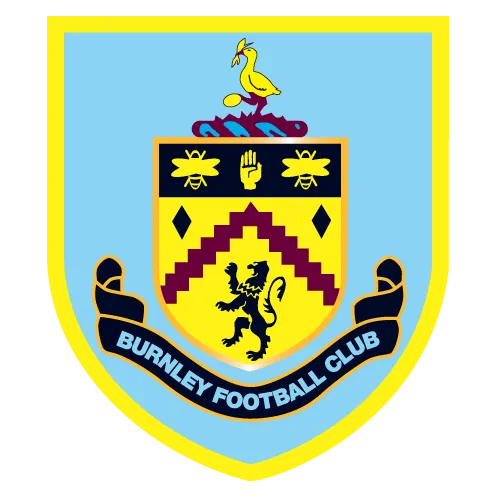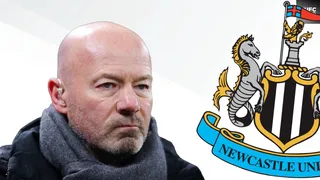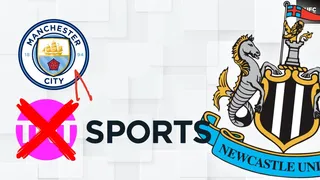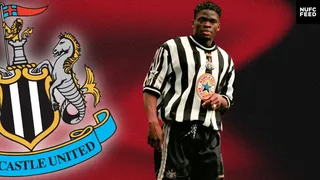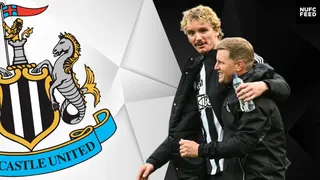Richard Masters all-but admits PSR is flawed after Newcastle were forced to sell Elliot Anderson
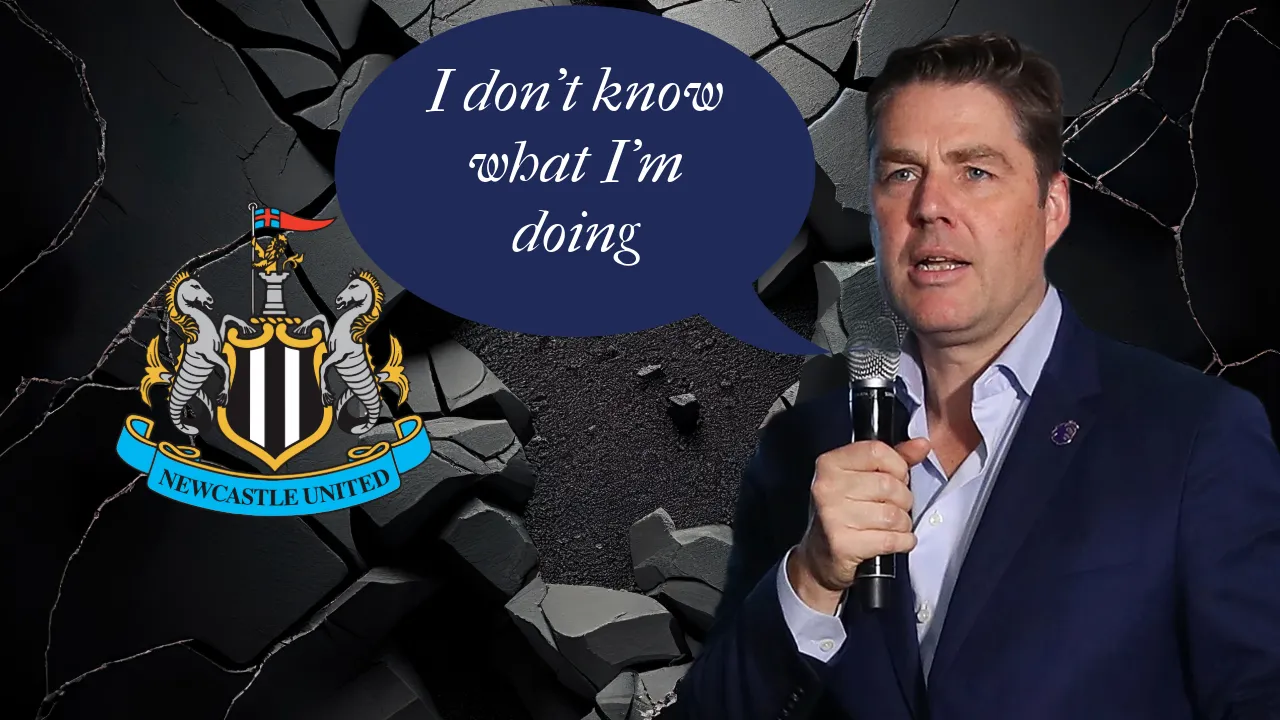
Newcastle United were one of several clubs forced to do deals they'd preferred not to have done this summer to ensure compliance with the Premier League's Profit and Sustainability Rules.
Elliot Anderson was sold to Nottingham Forest for £35 million with Odysseas Vlachodimos coming the other way for £20 million to help both sides balance their books.
The Magpies also sold promising talent, Yankuba Minteh to Brighton for £33 million, but it was letting academy product Anderson leave that was the big issue.
Clubs are now complaining that PSR, which has an allowable loss limit of £105 million over a three-year reporting period, is forcing clubs to sell academy players to ensure compliance.

Current PSR rules are absolutely not fit for purpose
The fact that the £105 million limit has been in place since 2013 and hasn't been adjusted for inflation is a huge issue, one that Aston Villa tried to do something about at the last Premier League Annual General Meeting, but didn't get anywhere, is bad enough, but people have been saying for years that the rules aren't fit for purpose any more.
Obviously, as Newcastle fans we're biased as our owners have practically unlimited wealth that they could throw at the club if PSR didn't prevent them from doing so, but even smaller clubs with less wealthy owners agree that the rules are too overbearing.
Now the head of the Premier League, Richard Masters has practically admitted that he doesn't know what to do.
Richard Masters doesn't know how to fix the mess he's made
Newcastle World have reported on recent quotes by Masters where he admits he's not sure how to fix the issue of clubs having to sell academy players to balance the books.
"Players that generate the most profit are sometimes utilised in different spending plans that people have and in investment plans over a three-year period. So I’m not quite sure how you apply accounting principles and avoid that outcome.
"I do understand the point, but I think there is a huge opportunity for young players, young homegrown players in the Premier League at the moment. I think it's one of the great stories of the last 10 years, the fortunes of the England team being transformed by the investment that's been made in the academy system, not just across the Premier League but across the EFL as well. The story around young players in this country is a really positive one."
Academy players are now being used as commodities when it used to be more exciting to see a youngster come through the ranks and break into the first team, now it's about how good you can make them to generate as much profit off their talent as possible to allow you to balance the books.

